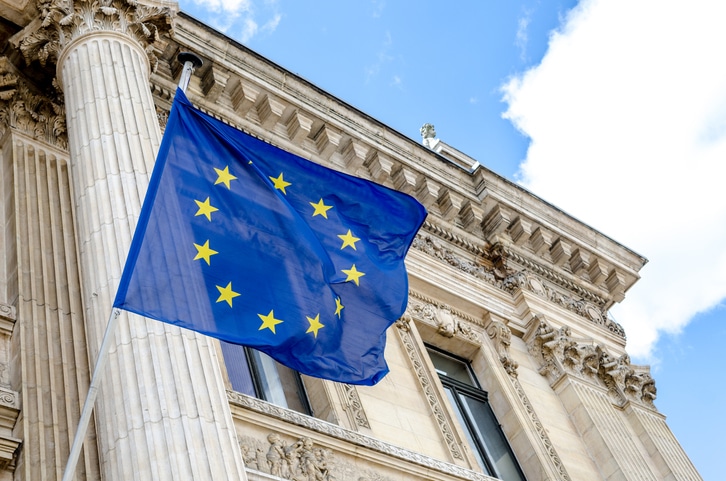On February 15, the European Commission referred eight member states to the European Court of Justice for failing to transpose the EU Whistleblower Directive. The EU Directive required European Union (EU) member states to pass whistleblower protection laws in line with the standards outlined in the Directive.
According to the EU, the eight member states, Czechia, Germany, Estonia, Spain, Italy, Luxembourg, Hungary and Poland, failed to transpose the Directive and did not give satisfactory replies to previous notices sent by the European Commission.
The deadline to transpose the EU Whistleblower Directive was December 21, 2021. “In January 2022, the Commission sent letters of formal notice to 24 Member States for not fully transposing and informing the Commission of the transposition measures before the deadline,” the EU explains. “Furthermore, the Commission sent reasoned opinions to 15 Member States in July 2022, and to four Member States in September 2022 for failing to communicate measures fully transposing the directive.”
Until a member state passes its own whistleblower law, the whistleblower protections laid out in the EU Directive do not apply in that country. “The state of transposition and processes in member states does not look too promising, and it may be years until there is harmonized protection of whistleblowers in the EU,” said Theo Nyreröd, an anti-corruption and whistleblowing expert affiliated with Brunel Law School in London, back in December 2021.
Whistleblower advocates see issues even in the countries where whistleblower laws have been passed in accordance with the EU Directive. As of February 2022, seven countries had passed whistleblower laws: Denmark, Malta, Portugal, Sweden, Cyprus, Latvia and Lithuania.
According to prior WNN reporting “none of these seven new laws include any specific mechanisms to protect employees from retaliation, or to compensate them for lost wages and other damages if they are fired or demoted. The laws say nothing about how an employee can apply for and obtain whistleblower status. And the laws provide almost no guidance for courts, which will become the venue for many whistleblower retaliation and unfair dismissal cases.”
“Taken together, these weak laws and the failure of most countries to meet the EU’s deadline demonstrate a troubling lack of interest in an anti-corruption tool that has been endorsed by every major international organization in the world,” WNN’s previous analysis continues. “It also is a metaphor for the reality of many whistleblowers themselves.”
Further Reading:
Whistleblowers on Their Own: Europe’s New ‘Protection’ Systems Offer Little Comfort
